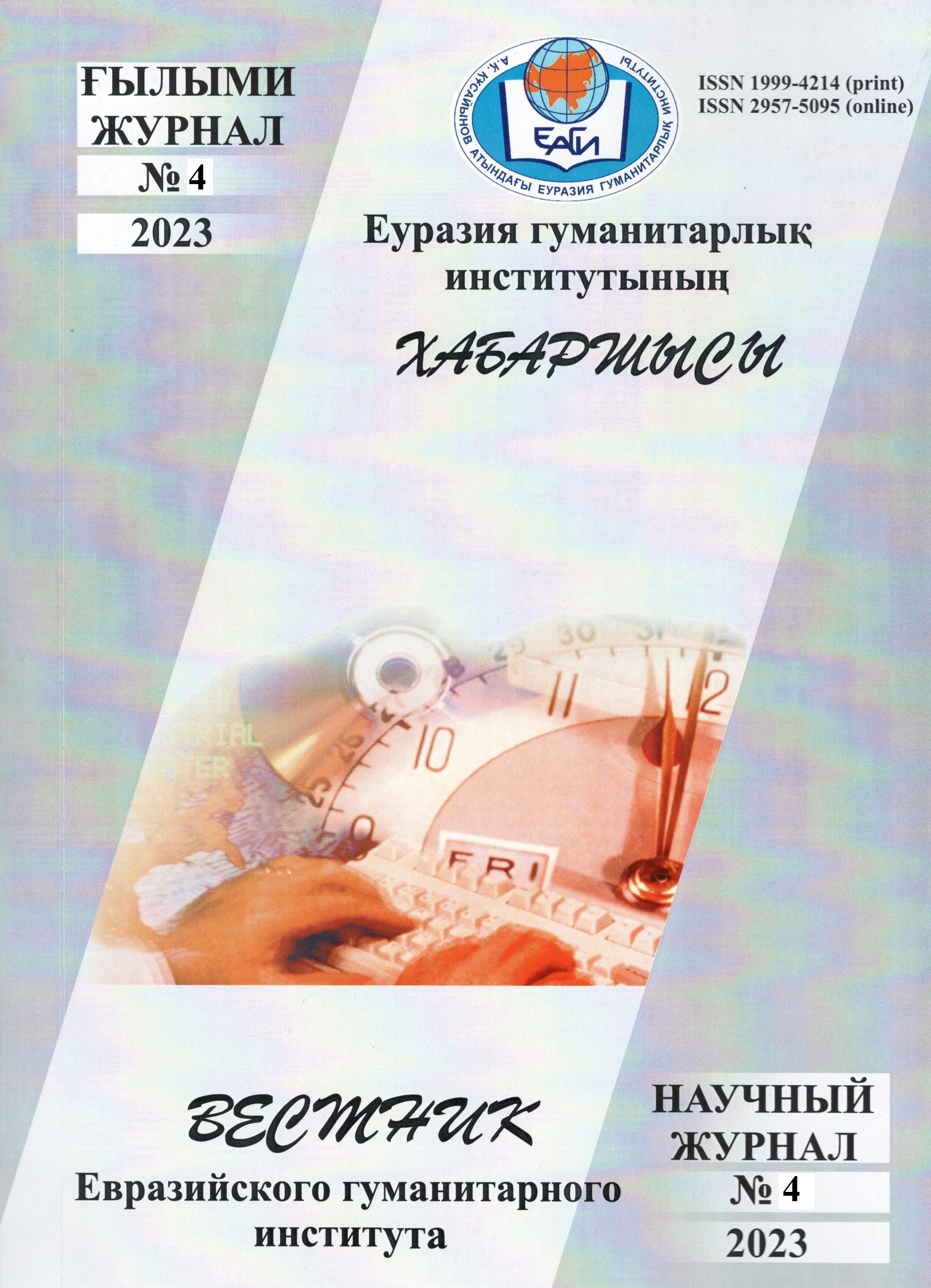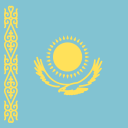TYPES OF LEXICAL AND GRAMMATICAL TRANSFORMATIONS IN LITERARY TRANSLATION
DOI:
https://doi.org/10.55808/1999-4214.2023-4.05Keywords:
Literary translation, translation methods, transformation, lexical transformation, grammatical transformation, transliteration, calquing, ethnocultural vocabulary.Abstract
This article describes transformation method which is used in literary translation. Transformation is the changes made by translator in the process of making a complete translation. Currently, translations of fiction are increasing every year. In this regard, it is relevant to carry out research aimed at determining features of transformations used by translators during their work with word semantics, lexical-stylistic and grammatical linguistic methods. At the same time, the relevance of this research is to define how important to analyze the comparative linguatranslation of the features of linguistic transformation during the translation of the fiction text from Kazakh language into Russian and English languages. One of the main problems in modern translation studies is to convey the national-cultural features of the original text. For this purpose, an analysis of the historical trilogy “The Nomads” by I.Esenberlin (Russian, English) translations is made in order to determine the transformation types in translation are more usable.
We think that the translations of Russian and English variants are similar, as firstly Kazakh (original) version was translated into Russian and English speaking readers introduce with the novel through Russian language since English variants were translated from Russian. Moreover, Russian language is the bridge between Kazakh and English languages which connects them. In our research we determine that the adequate translation of ethnocultural vocabulary is essential as it reflects the reality and national identity of particular nation, in our case it is the Kazakh nation, moreover it is difficult to keep the peculiarity of the Kazakh language in Russian and English translations. In addition, the result of our research can be used in further study of Kazakh non-equivalent vocabulary, ways of translation, even though in development of dictionaries, glossaries.


 Қазақ тілі
Қазақ тілі
 Русский
Русский
 English
English








